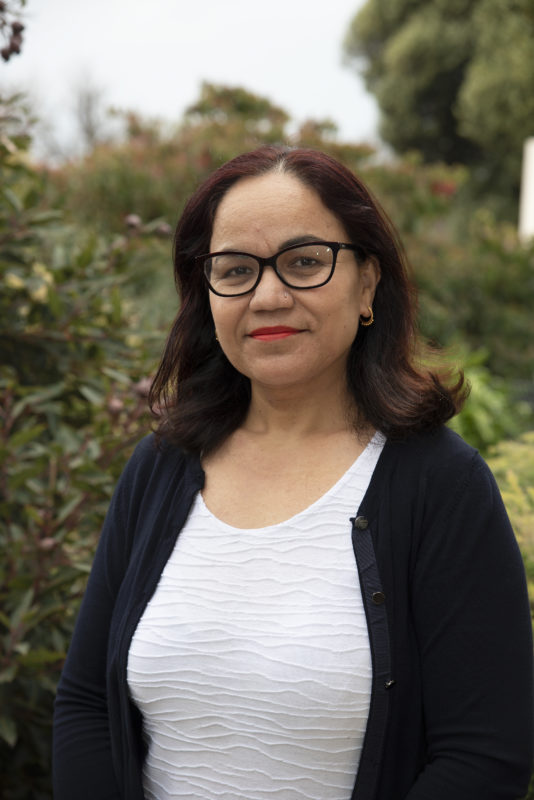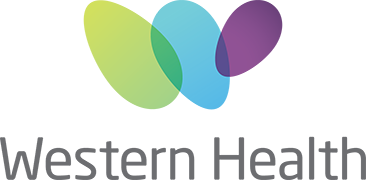Published on 21 October 2021
 It’s often the smallest of things that stir the biggest emotions.
It’s often the smallest of things that stir the biggest emotions.
Like the day that Suman Shah visited one of her families, newly arrived refugees who arrived in Melbourne’s inner west with nothing but the contents of their suitcase.
The mother was distressed. Her children were due to start their new school, a pivotal moment in their young lives, on Monday. But it was 5pm on a Friday afternoon and the children didn’t have school bags. With no access to a car or public transport, it seemed there was little hope that school bags could be sourced by the start of school. Suman could sense the distress this was causing the family.
“As a mother, I just couldn’t bear the thought of the children turning up to their first day of school with their belongings in old shopping bags,” Suman recalls.
She raced out, in her own time with her own money, to find the family school bags.
Suman is a Western Health Community Health Nurse for Refugees and Asylum Seekers in Melton and Bacchus Marsh.
She derives so much joy and meaning from being part of a team that respond to the unique and complex health needs of Australia’s newest residents.
In Melton and Bacchus Marsh, the majority of families the nurses assist are Iraqis, Iranian, Burmese, Africans, Kongoli, Sudanese and Bhutanese.
On a typical day, Suman could be conducting a home visit with a family who has arrived from a war-torn country and is facing significant language and cultural barriers, or attending a medical appointment with a family member she has known for some time, who now needs her support to navigate a new aspect of the health system.
For instance, Suman may need to arrange a doctor’s appointment for the family and arrange to attend it with an interpreter. They may then need help at the pharmacy to ensure they understand the medicine that has been prescribed.
“For these families, everything is new,” Suman explains.
“They often have no idea about the way the health system works in Australia; they don’t know how to use public transport, or drive, so their obstacles and needs are complex.”
Being able to support families and help them with tasks that many people take for granted, such as booking vaccinations, obtaining a referral to a specialist, or finding a GP to treat the family who understands their unique needs, is one of the most motivating aspects of Suman’s profession.
She has recently been helping recently arrived Afghan evacuees with their emerging health needs, which has involved helping them complete tasks that include booking a GP appointment with no Medicare card, or getting their COVID-19 vaccination.
“I just love seeing how happy they are and knowing that I have played a part in that is really special,” Suman said.
